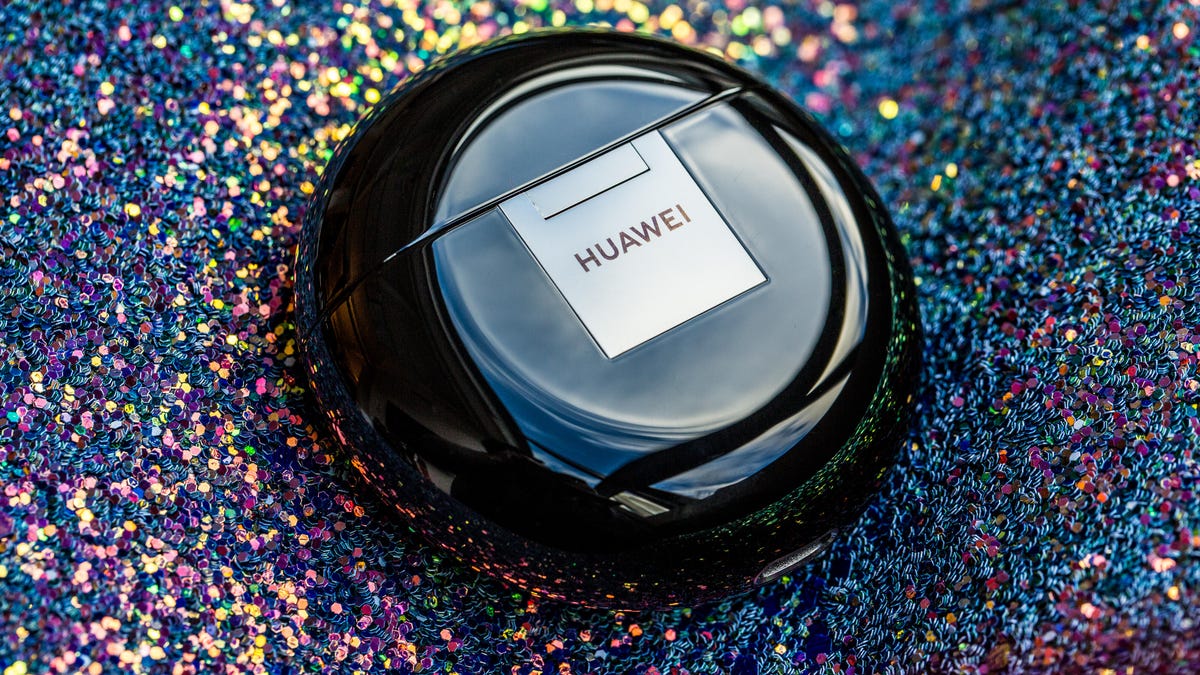FCC now collecting data on Huawei use in US networks
The info will help the US Federal Communications Commission reimburse smaller carriers for ripping out and replacing Huawei and ZTE equipment.

The US Federal Communications Commission is now collecting data from US carriers that are using network gear from Huawei and ZTE. This follows the FCC's decision in November of last year to bar the use of its $8.5 billion a year Universal Service Fund for purchasing equipment and services from the Chinese companies.
The Senate voted unanimously Thursday for carriers using the funding to rip out and replace Huawei and ZTE gear, The Hill reported. The commission said Wednesday that it'll collect data to help it reimburse smaller and rural carriers for those costs.
"Huawei and ZTE have been initially designated as threats to national security," FCC Chairman Ajit Pai said in an emailed statement. "We are moving forward quickly to identify where equipment and services from these suppliers are embedded in our communications networks and, where they do have a foothold, to be in a position to help remove them."
In addition to the FCC action, Huawei was blacklisted by the United States in May 2019 when it was added to the US' "entity list" (PDF). President Donald Trump at the same time signed an executive order essentially banning the company in light of national security concerns that Huawei had close ties with the Chinese government. Huawei has repeatedly denied that charge.
There were also reported accusations by the US government earlier this month that Huawei can access global mobile networks by using backdoors intended for law enforcement. Huawei denied the report.
The US Justice Department is also charging Huawei and two of its US subsidiaries with racketeering and conspiracy to steal trade secrets. The federal indictment alleges that Huawei used "fraud and deception" to steal technology from American companies.
Trump is also planning a global 5G summit aimed at preventing Huawei from gaining a 5G foothold in other nations, according to a report last week.
Huawei and ZTE didn't immediately respond to requests for comment.
Originally published Feb. 26.
Update, Feb. 27: Adds Senate vote.

